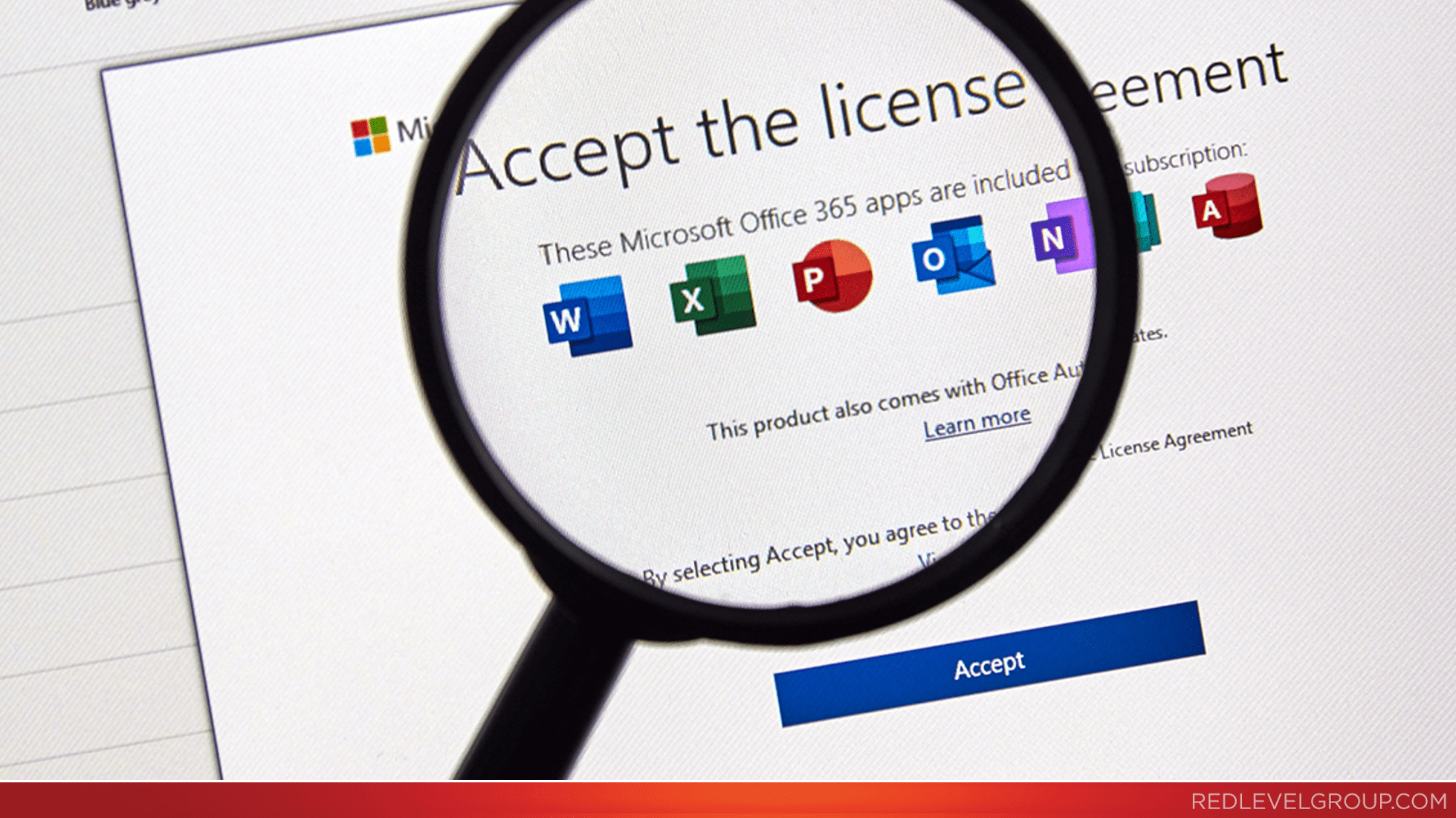Businesses across all sectors are leveraging the powerful capabilities of cloud services to transform their operations and stay ahead. Microsoft offers many robust solutions that require an understanding of their licensing models. It’s imperative to familiarize yourself with the intricacies of Microsoft’s cloud licensing to maximize your business’ potential.
A Shift to Cloud Licensing
In the traditional on-premise model, Microsoft software licenses were typically bought outright and hosted on your own servers. However, the cloud model works quite differently. In the cloud era, Microsoft has moved towards a subscription-based model for most of its products. This shift means that you’re essentially leasing the software. This option allows you to scale up or down based on your needs. A cloud license gives you access to Microsoft’s cloud services like Microsoft 365, Azure, and Dynamics 365, among others.
Microsoft 365 Licensing
One of the essential Microsoft cloud offerings is Microsoft 365, an all-encompassing suite of productivity tools, which includes Word, Excel, PowerPoint, Outlook, Teams, and more. It’s offered in various plans tailored to different business needs, each with its licensing requirements:
- Microsoft 365 Business Basic: Ideal for businesses that need easy remote solutions, with Microsoft Teams, secure cloud storage, and Office Online (desktop versions not included).
- Microsoft 365 Business Standard: Suitable for businesses requiring full remote work and collaboration tools, including Microsoft Teams, secure cloud storage, and all Office apps installed across multiple devices.
- Microsoft 365 Business Premium: Perfect for businesses that require a comprehensive productivity suite with advanced cyber threat protection and device management.
- Microsoft 365 Apps: Best for businesses that only need full Office apps installed across multiple devices but don’t need email or Teams.
Azure Licensing
Azure, Microsoft’s public cloud platform, offers more than 200 products and cloud services. Licensing here is often complex due to its consumption-based pricing model. Essentially, you pay for what you use, and your cost can vary based on your usage of various Azure services. The good news is Azure offers flexibility, allowing you to scale resources up or down to match your business needs.
Software Assurance
Software Assurance is a key part of Microsoft Volume Licensing programs. It provides a broad range of benefits, including access to new software releases, support, and planning services to help deploy new technology. Although the cloud has changed many aspects of licensing, Software Assurance remains relevant, especially for businesses transitioning from on-premise to cloud-based solutions.
License Mobility
License Mobility is a Software Assurance benefit that allows Microsoft licenses to be moved to the cloud. If you have existing on-premise licenses with Software Assurance, you can ‘migrate’ these to your cloud solutions. This can be a cost-effective option if you’re moving to the cloud but already have a significant investment in on-premise Microsoft licenses.
Understanding Microsoft licensing in the cloud era can seem daunting, but it’s a necessity. It not only ensures you’re compliant with Microsoft’s terms of service but also allows you to leverage cloud technology effectively, optimizing costs and gaining maximum value from your investment.
Red Level specializes in navigating the complexities of cloud licensing, providing expert IT services tailored to your needs. Our team is here to ensure your transition to the cloud is seamless and your company reaps the benefits of the cloud era. Contact us today to learn more about how we can help optimize your IT operations.
For more information about gaining a competitive advantage with digital transformation, contact Red Level today.
Related Posts
If you’re reading this, you’re likely the go-to person for ...
Technology can play a vital role in reducing the impact ...
We’ve all been there. We've had technology dumped on us, sometimes with ...






